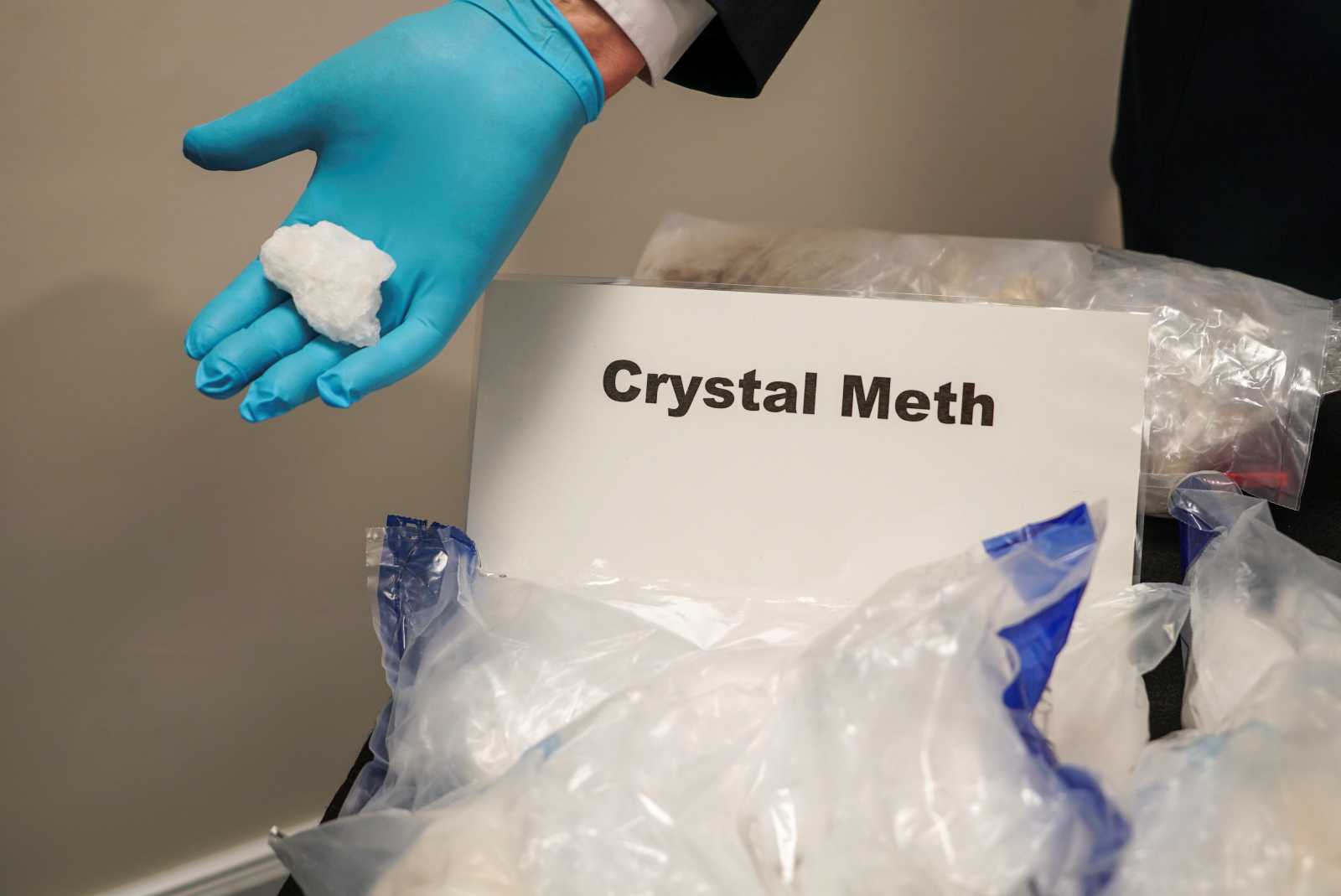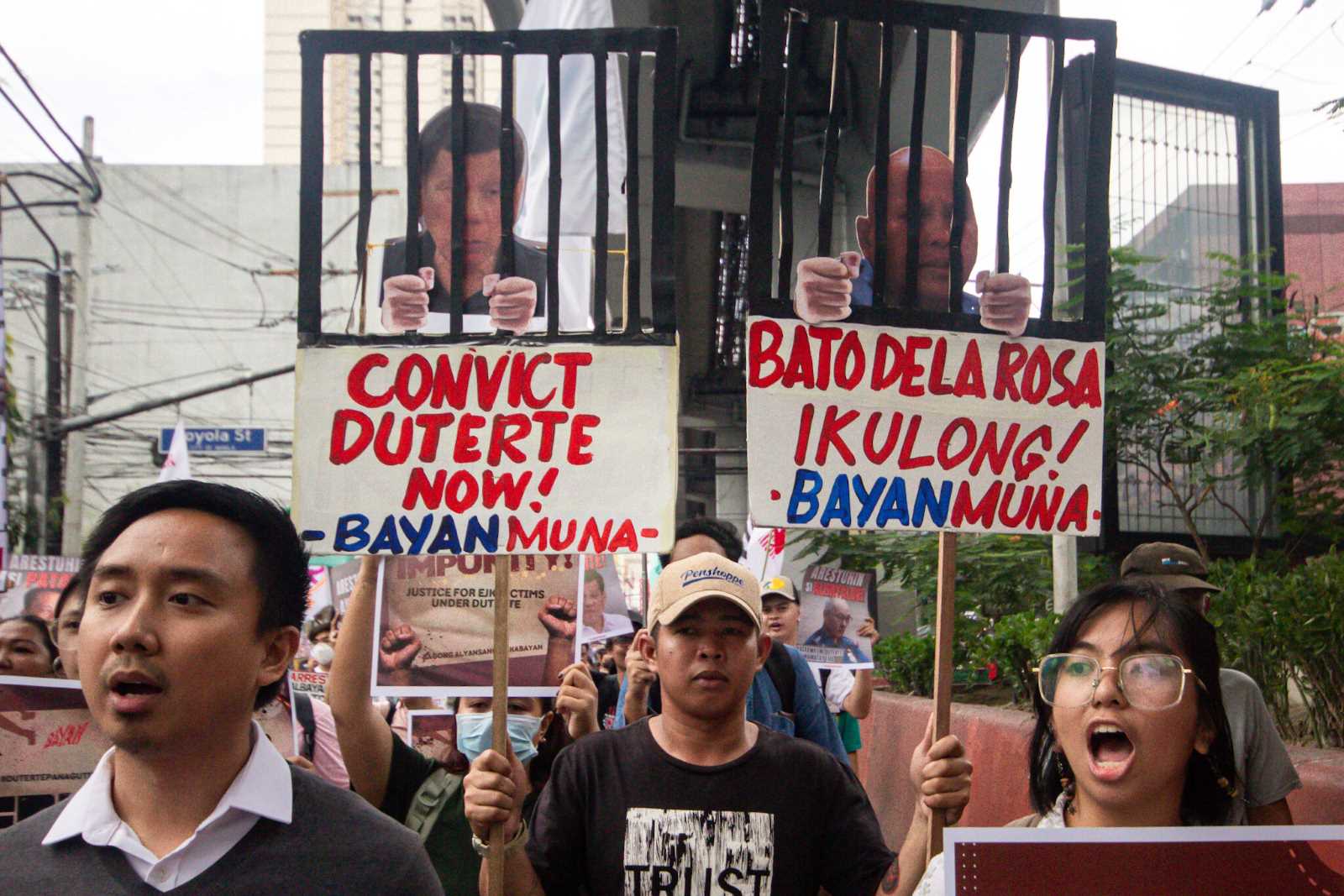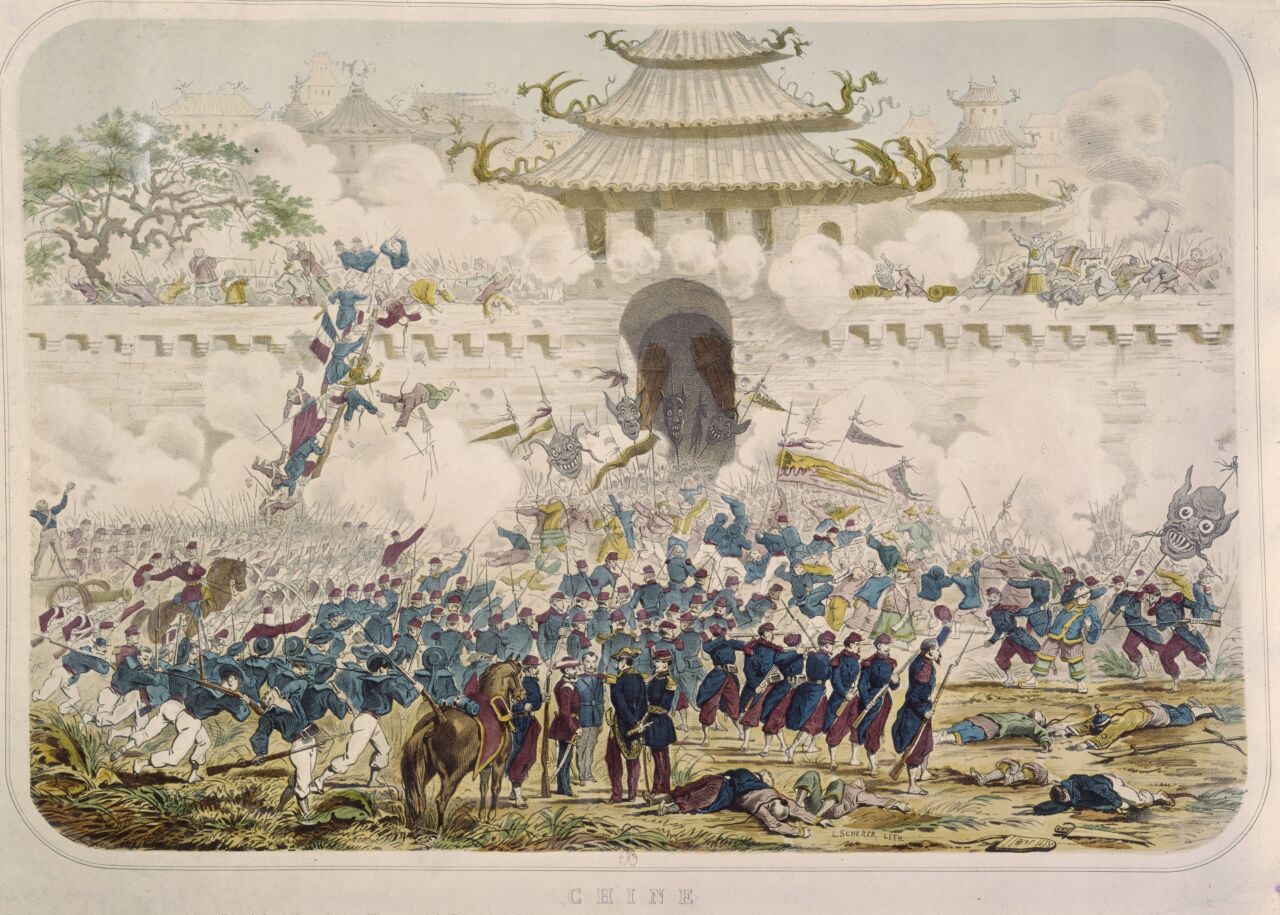Crime
Drug traffickers of the Caribbean
The Caribbean is the region with the highest murder rate in the world. According to a joint report by the World Bank and the UN Office on Drugs and Crime (UNODC), an average of 30 people per 100,000 residents were murdered in countries like Jamaica, Haiti, Trinidad and Tobago, the Dominican Republic and the Bahamas in 2002 – and figures are rising (see graph). Many reasons for violent crimes are the same as those in other countries: poverty, lack of prospects, the high number of unemployed young men or easy access to firearms. Nonetheless, the Caribbean case is special. The report claims the homicide rate is 34 % higher and the robbery rate
26 % higher than in other regions with comparable macroeconomic conditions.
The main reason for the fatal top spot is drug trafficking. “Wedged between the world’s source of cocaine to the south and its primary consumer markets to the north, the Caribbean is the transit point for a torrent of narcotics, with a street value that exceeds the value of the entire legal economy,” the report states. The drug trade leaves its mark on Caribbean society: the potential for violence is high, many are accustomed to doing illegal deals, social institutions are undermined, law-enforcement agencies are tied up, and the influx of firearms is great.
According to the report, crime has a significant economic impact. It harms business in urban Jamaica, simply because people dare not go out on the streets. Crime hampers investments and deters tourists. The World Bank and UNODC estimate that, if Haiti and Jamaica were to lower their crime rates to that of Costa Rica, their annual per-capita income would rise by 5.4 %. For the Dominican Republic and Guyana, the respective figure is nearly two percent. Statistics are said to be too unreliable and insufficient for devising detailed strategies, however.
According to the report, the countries affected have focused too exclusively on criminal justice and repression. More preventive approaches would make sense, for example social work with (male) youth or strengthening neighbourhood initiatives to improve safety. Prevention should also be made part of slum-rehabilitation projects and other social programmes.
Nonetheless, the report recommends strengthening criminal-justice institutions and improving their interaction, as they need to become better prepared to deal with the forms of crime which are immune to preventive measures – organised crime and drug trafficking. The World Bank and UNODC also make it clear, that it is precisely in this respect that the Caribbean needs the support of rich countries, which should take more effective action against drug use themselves, for instance. (ell)













